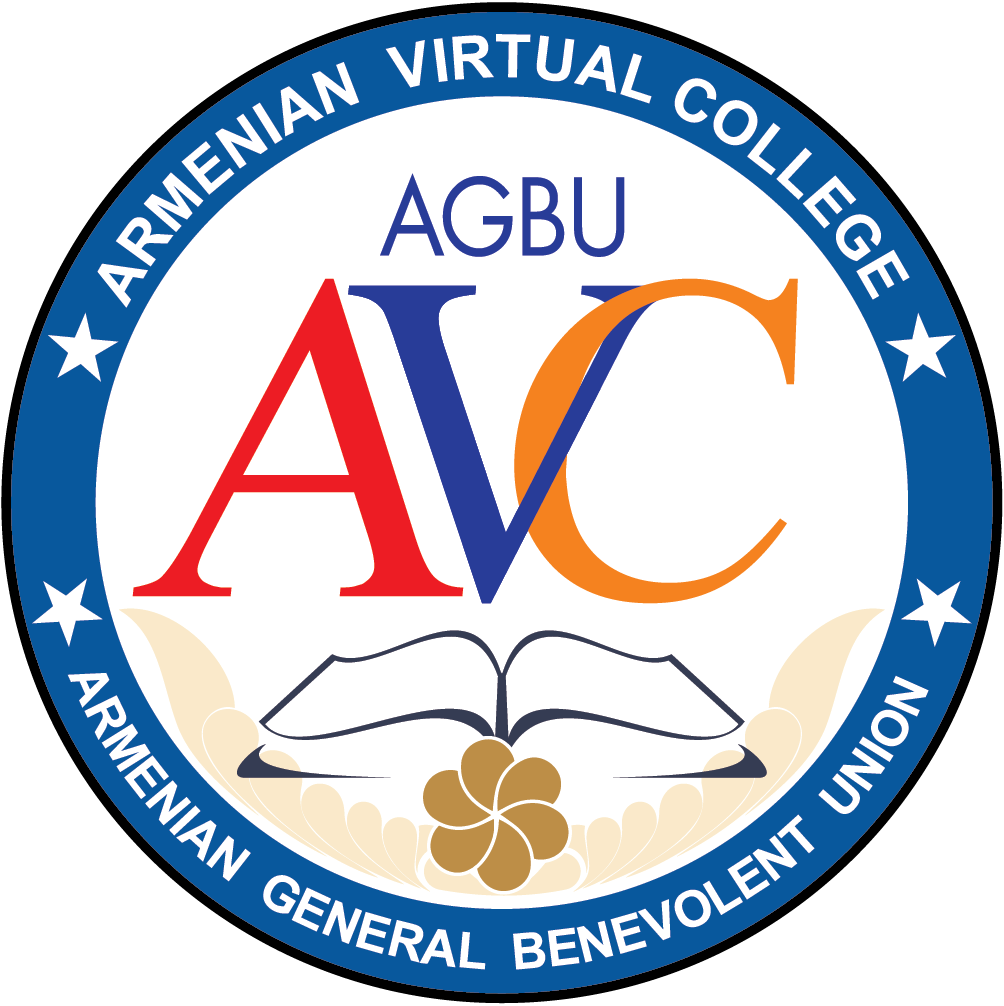AVC TV School
02/13/2015
“There are approximately 10 million Armenians all over the world and our ambition is to see all of them speaking Armenian,’’ said AVC founding president Dr. Yervand Zorian at the TV School final lesson interview.
Since its foundation, the idea of nurturing the Armenian language into every Armenian has been leading the AVC team for over 5 years. AVC has been trying to find all the means, in addition to the Internet, in order to reach every Armenian in every corner of the world and create an opportunity for them to speak their mother tongue. The TV School project of the Republic of Armenia’s Ministry of Diaspora (MOD), therefore, was a perfect way to start a long-term collaboration between the MOD and AGBU AVC, as with the joint efforts of both parties the project could set out and operate successfully.
The year 2014 started out with intense and hard work aimed at finding the right frames and formats for the TV School project’s implementation. The AGBU and AVC staffs, as well as the MOD employees, were all involved in the project aimed at coming up with something that would satisfy the TV audience needs and would at the same time serve as an effective language learning tool. The TV class material was built on AVC’s online courses; however, AVC courses were tailored to the special TV formats taking into account the limited TV class time, and the needs of the target audience.
It took approximately half a year to create quite an innovative TV program, which was rather different from other TV programs in its approach to teaching. Similar to other language teaching TV programs, this one also had a host to accompany the viewers and facilitate the learning process throughout the whole program. However, in this program students had the opportunity to use the additional material outside of the ones showcased during the TV program. An innovative approach was used to leverage not only the TV capacity and means, but also those of the Internet and AVC online courseware. “Internet provides a two-way communication in contrast to TV, which has a one-way communication. The program uses the large outreach opportunity the TV provides in this case, then beyond the TV program, on the AVC website at the TV School page, the project gets the viewer’s responses via Internet and a dialogue begins between student-viewers and AVC Online Instructors on AVC’s online platform,’’ Dr. Zorian explains.
To make the TV School program entertaining and interesting to follow, the classes were enriched with newly staged dialogues; the native speakers’ conversations in different situations and scenes made the classes more lively and natural. Puzzles and games offered on the AVC TV School page at the AVC website created competition among viewers, and some of them trained their newly acquired skills of letters and words very actively by playing and winning the weekly competitions. Yeranui Kaloyan, Hayk Kadiyan, and Oksana Matveenko were the most active and successful participants of the competitions, as they racked their brains on a weekly basis and stayed connected to the program through the whole course.
The first stage of the AVC TV School covered the first four levels of the Armenian language, similar to those offered at the AVC website: Eastern Armenian for Beginners, Elementary Eastern Armenian, Pre-Intermediate Eastern Armenian, and Intermediate Eastern Armenian. As the program targeted the English-speaking audience, the instructional language offered at the TV program was in English. The program was aired on the Armenian Public Satellite TV Channel, which has a rather wide coverage. “Due to Public TV, we had visitors come to the AVC TV School page from such distant corners of the world we had never had before,” says Dr. Zorian.
The achievements of the program speak of its effectiveness. The Minister of MOD, Hranush Hakobyan, states: “We made use of both the IT powers–in this case online courses, and the TV, and the result is obvious; our compatriots in different communities wait for the program and watch it regularly. The way the lessons are taught is widely accepted and effective. So for the 100th anniversary of the Armenian Genocide, we should do our best to teach the Armenian language to the generations of Armenians within the Diaspora, as language has the greatest value in terms of preserving the national identity far from the motherland.”
The success of the program and the positive feedback encouraged the TV School team to expand it to higher levels and to wider audiences. In the future, the Armenian Public Satellite TV viewers will have the chance to learn more advanced levels of the Armenian language. Once again, the AGBU-Armenian Virtual College remains true to its mission of providing learners around the world with the opportunity to receive a full-fledged education in Armenian Studies, beginning with the Armenian language.









